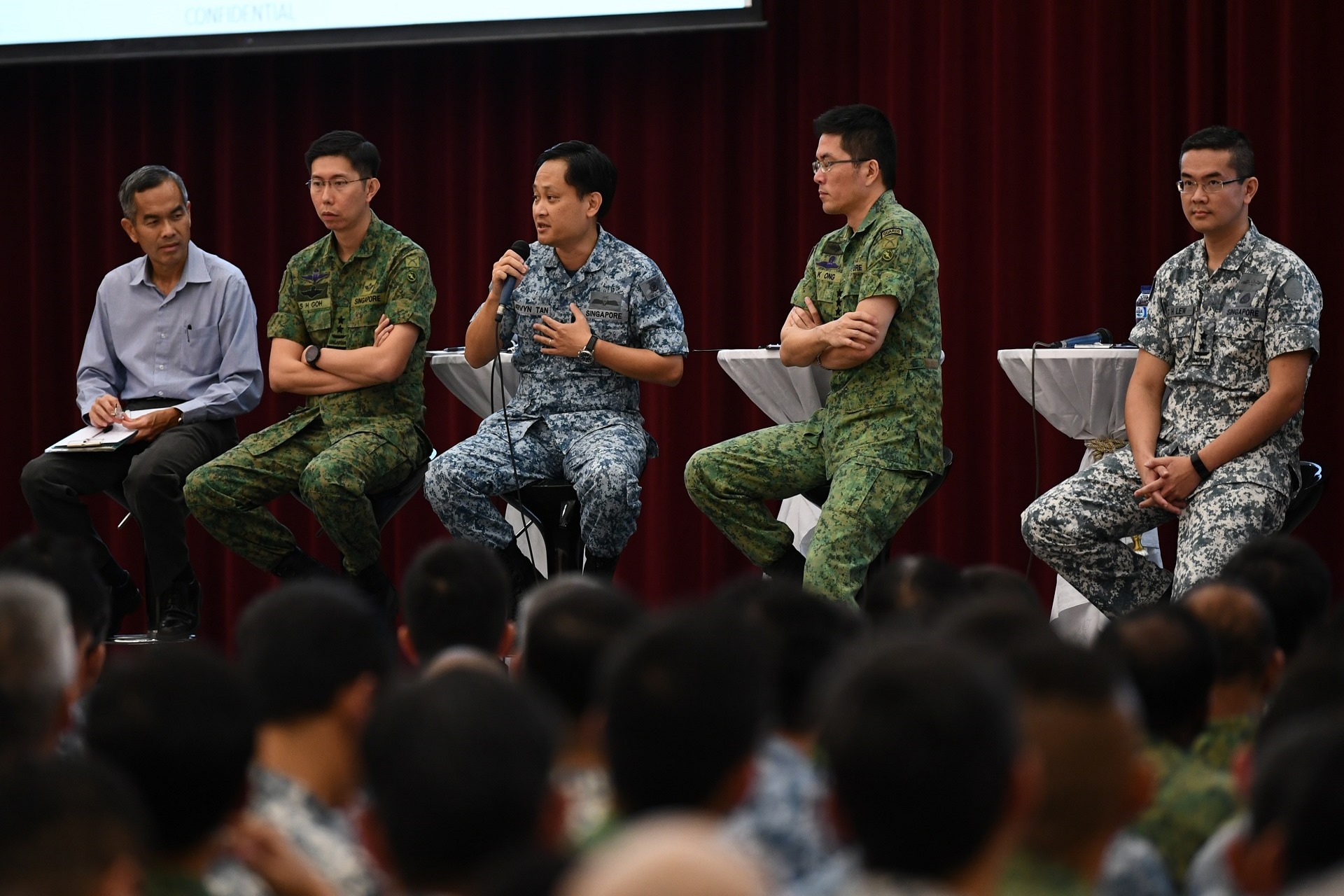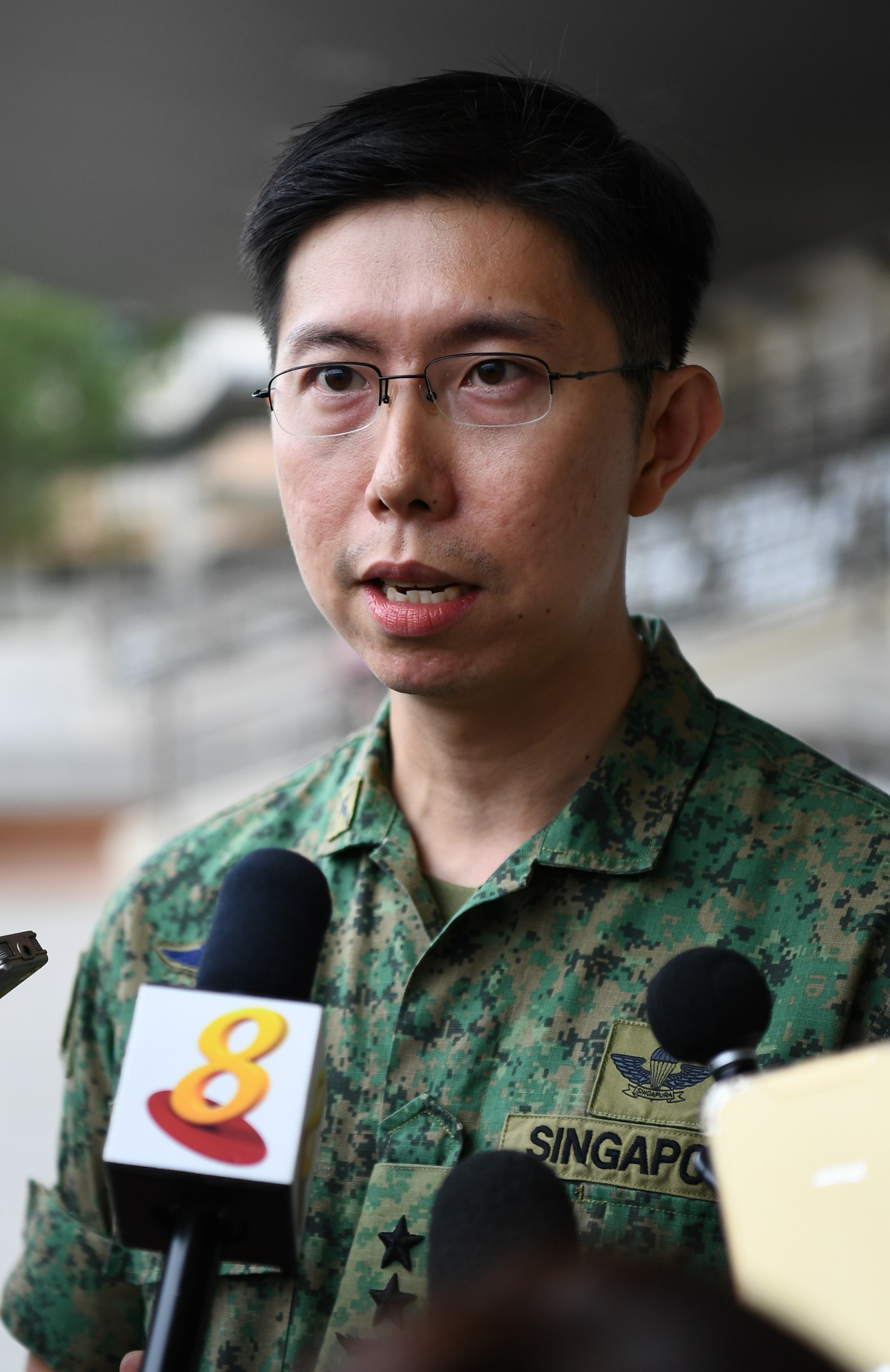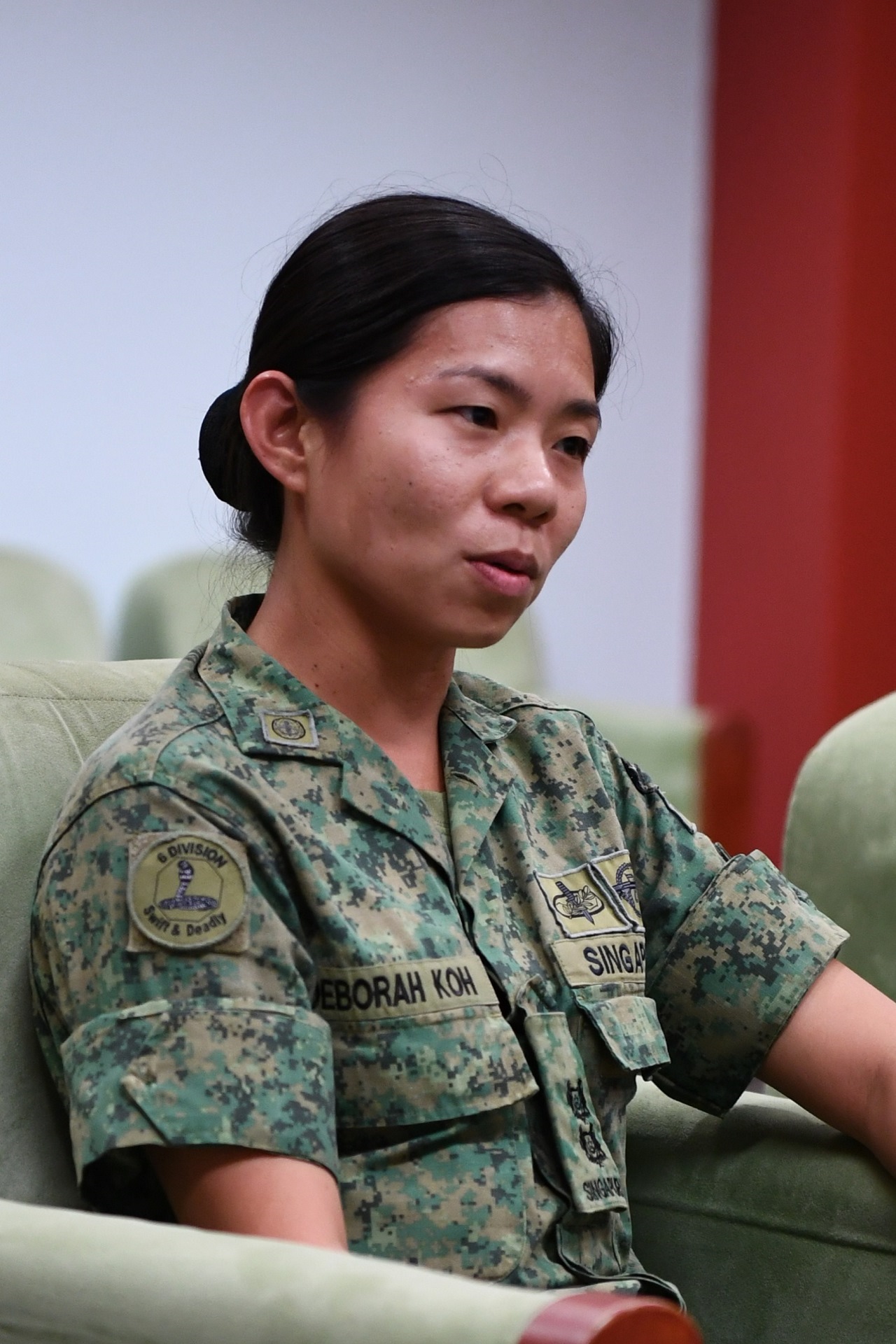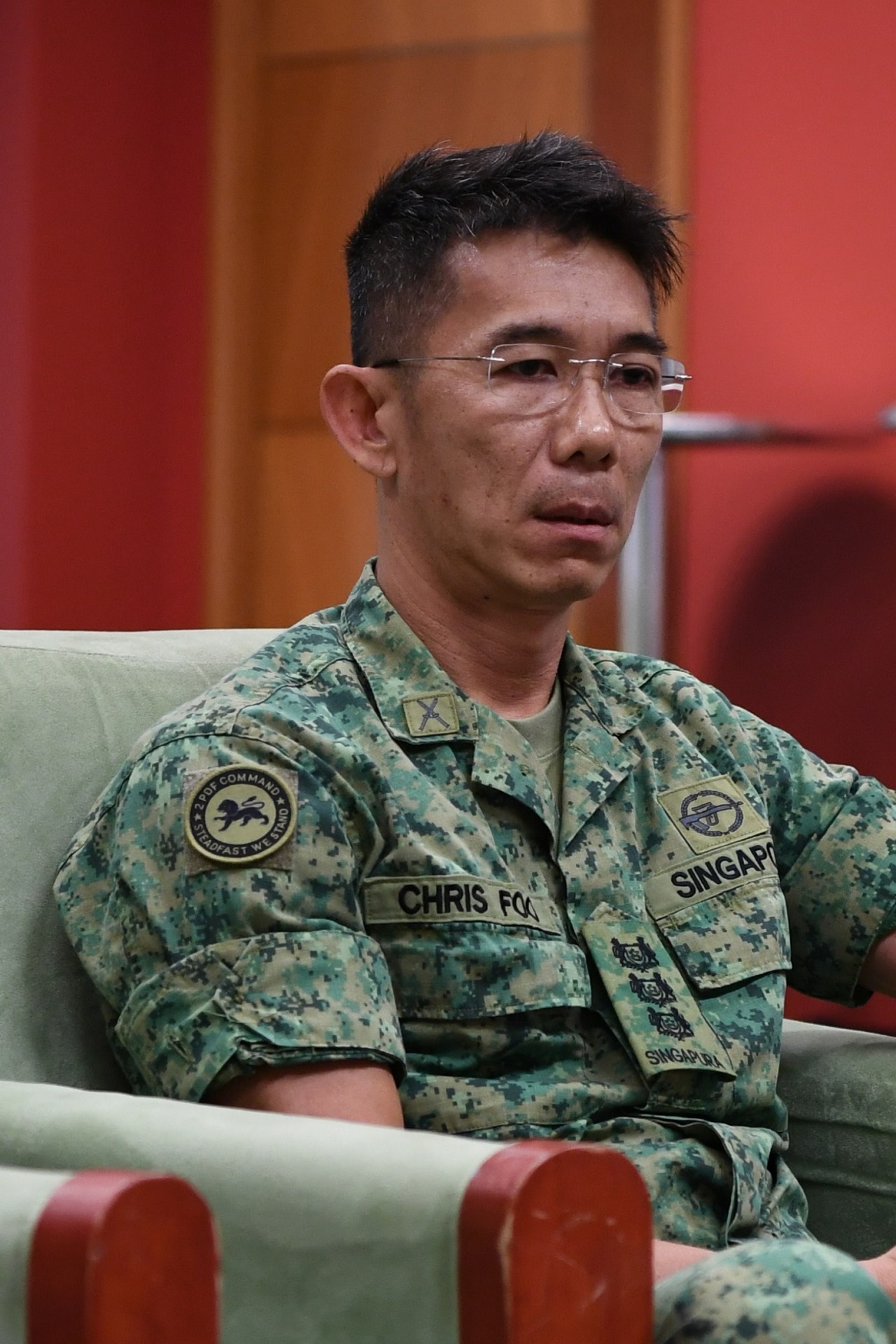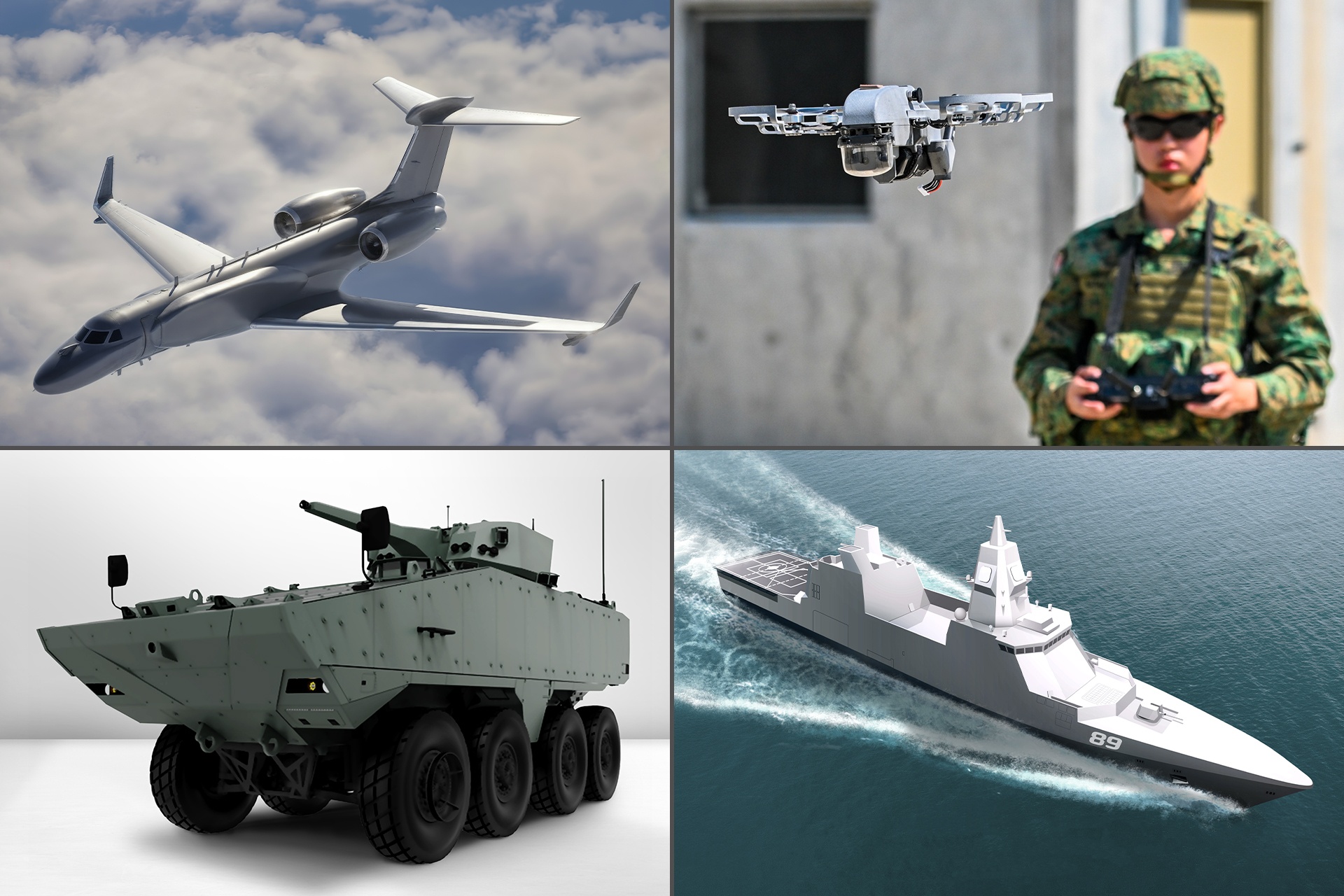OPS & TRAINING
SAF TO SET UP INSPECTOR-GENERAL OFFICE TO SCRUTINISE, ENFORCE SAFETY
31 Jan 2019
The Singapore Armed Forces (SAF) will be setting up an Inspector-General Office with the authority to scrutinise and enforce safety processes and practices at all levels. This was announced by Chief of Defence Force (CDF) Lieutenant-General (LG) Melvyn Ong during a meeting with 750 Active and Operationally Ready National Serviceman (NSman) commanders on 31 Jan.
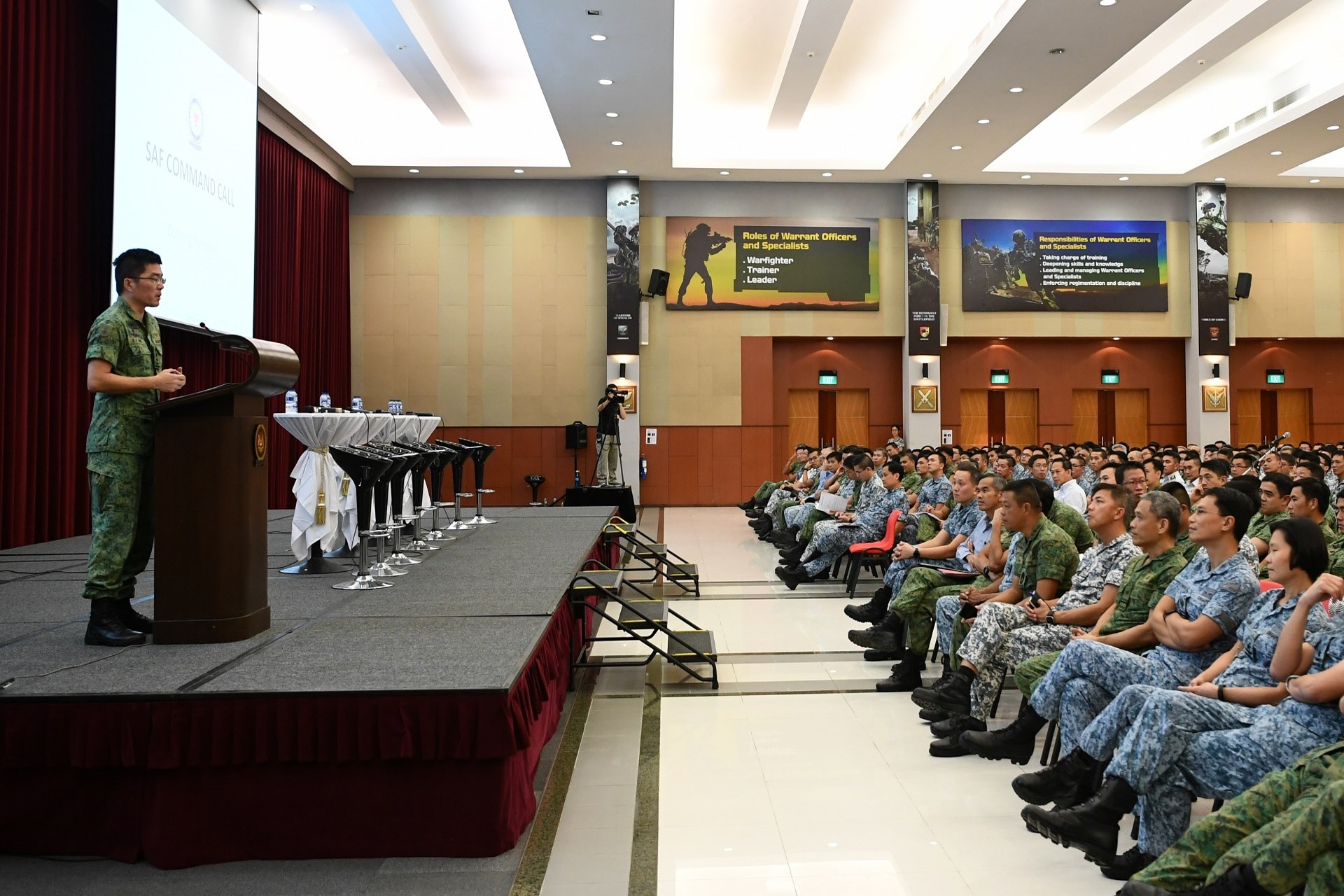
The Office will support the CDF in ensuring that safety is emphasised by commanders consistently across all Services and units. It will report directly to the CDF on the application of safety procedures in all the Services.
Currently, the Services have their own safety inspectorates that checks and audits the safety procedures of the respective Services. Details on the set-up of the new Office and how it will work with the existing safety inspectorates will be worked out and announced when they are finalised.
LG Ong stressed the need to uphold high safety standards through the right culture and mindset – that of zero tolerance for unsafe practices, and strongly emphasised that commanders must reinforce that safety is the topmost priority to the men and women under them.
He added that all commanders would be held accountable, and that the well-being of their personnel was as important as their units' performance during training and exercises.
"Safety is a command responsibility. Commanders answer for the training and safety of their men. To do so, commanders have to be fully committed, and personally and intimately involved in their unit's training, operations, and safety. The reduction in training tempo will allow us commanders to take stock, re-orientate, and give full attention to this," said LG Ong.
The meeting was attended by all SAF commanders, including Chief of Army Major-General (MG) Goh Si Hou, Chief of Air Force MG Mervyn Tan and Chief of Navy Rear-Admiral Lew Chuen Hong.
Following the incident with the Singapore Self-Propelled Howitzer where a servicemen lost his life, an SAF-wide reduction in training tempo, which will carry on for the next few months, had been announced. This was to allow all units across the SAF to carry out a comprehensive review of their training programmes with the aim of reducing training risk for all servicemen.
A safety time-out was also put in place for the Army to allow it to review all safety processes. This will be progressively lifted from 7 Feb. From that day, all Army units will resume basic types of training such as physical fitness training, small arms live-firing, the Individual Physical Proficiency Test (IPPT) and IPPT Physical Training (IPT) for NSmen.
Speaking to the media after the meeting, MG Goh said the Army would be looking to strengthen training supervision and better support the units in strengthening their safety systems.
He said: "We will aim to staff more Safety Officers on the ground full-time, as well as increase our safety inspection team so that we can ensure that all training is inspected, as well as be able to audit our unit safety systems and their practices on the ground.
"(This is) so that there is an independent look at what they are doing in terms of their training."
He also noted three broad thrusts that the Army would be looking at during the safety time-out.
First, it would prioritise training activities across its units. This means that some training activities could be removed.
Second, training would be redesigned to sharpen their focus. The intensity of training would also be spread out.
Third, the scale of local and overseas exercises would be re-scoped to free up the capacity of units and allow them to focus on training. This includes exercises like Exercise Wallaby, which is held in Australia.
Commanders who attended the meeting welcomed the opportunity to have an open dialogue with the SAF's top brass. Colonel (COL) (NS) Christopher Foo, Brigade Commander of Headquarters 22nd Singapore Infantry Brigade, was glad to know that the senior SAF leaders were willing to re-look the processes and procedures pertaining to safety, as well as redefine "mission success" to place as much emphasis on safe operations as on performance.
"We must take safety as the key veto for mission success. (As commanders,) that translates to (the) need to re-look at mission success and re-calibrate if safety is a concern," said the 51-year-old.
As for Lieutenant Colonel (LTC) Deborah Koh, Commanding Officer of 16th Command, Control, Communications, Computers, Intelligence (C4I) Battalion, she noted that the battalion would be taking a three-step approach to enhancing safety awareness among the soldiers.
The first was to address feedback from soldiers on potential risk points and determine how to manage, mitigate and avoid them. The second was to streamline training so as to allow soldiers to carry out their activities safely and correctly. The third was to strengthen the safety instinct of every soldier, namely to go beyond simply adhering to what they were supposed to do by highlighting any unsafe practices they witnessed.
"Safety is not just a command emphasis, but everyone's job," said the 37-year-old. "So it's important to educate them to look out for each other, to not take shortcuts, and to discard the mentality of 'it will not happen to me'."
ALSO READ IN OPS & TRAINING
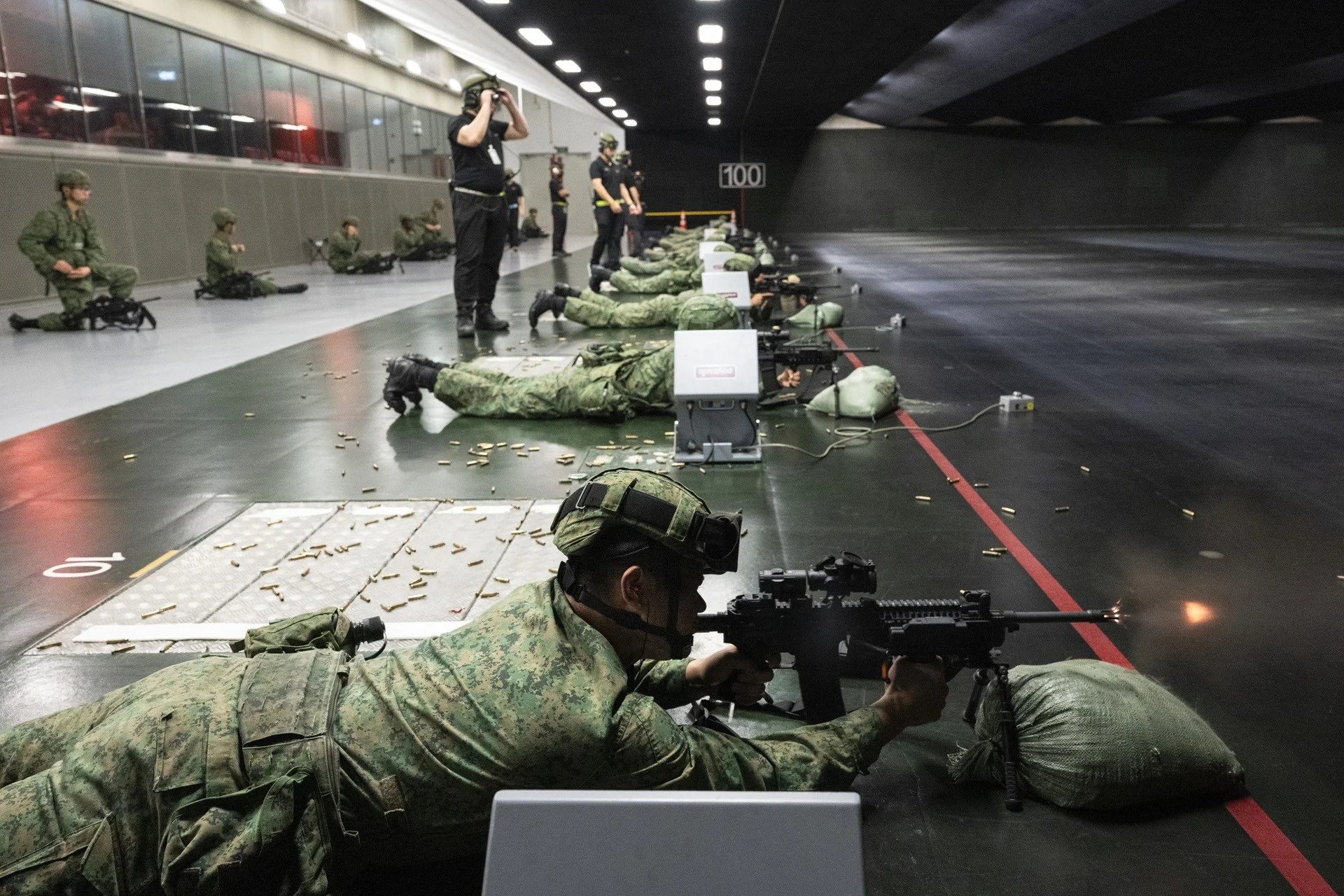
New firing range complex at Bedok Camp; Medical Classification System to be redesigned
27 Feb 2026
To train soldiers for a more complex environment, the SAF will build a new Multi-Mission Range Complex, as well as introduce opportunities for national servicemen to take on new roles, and more ways to volunteer.
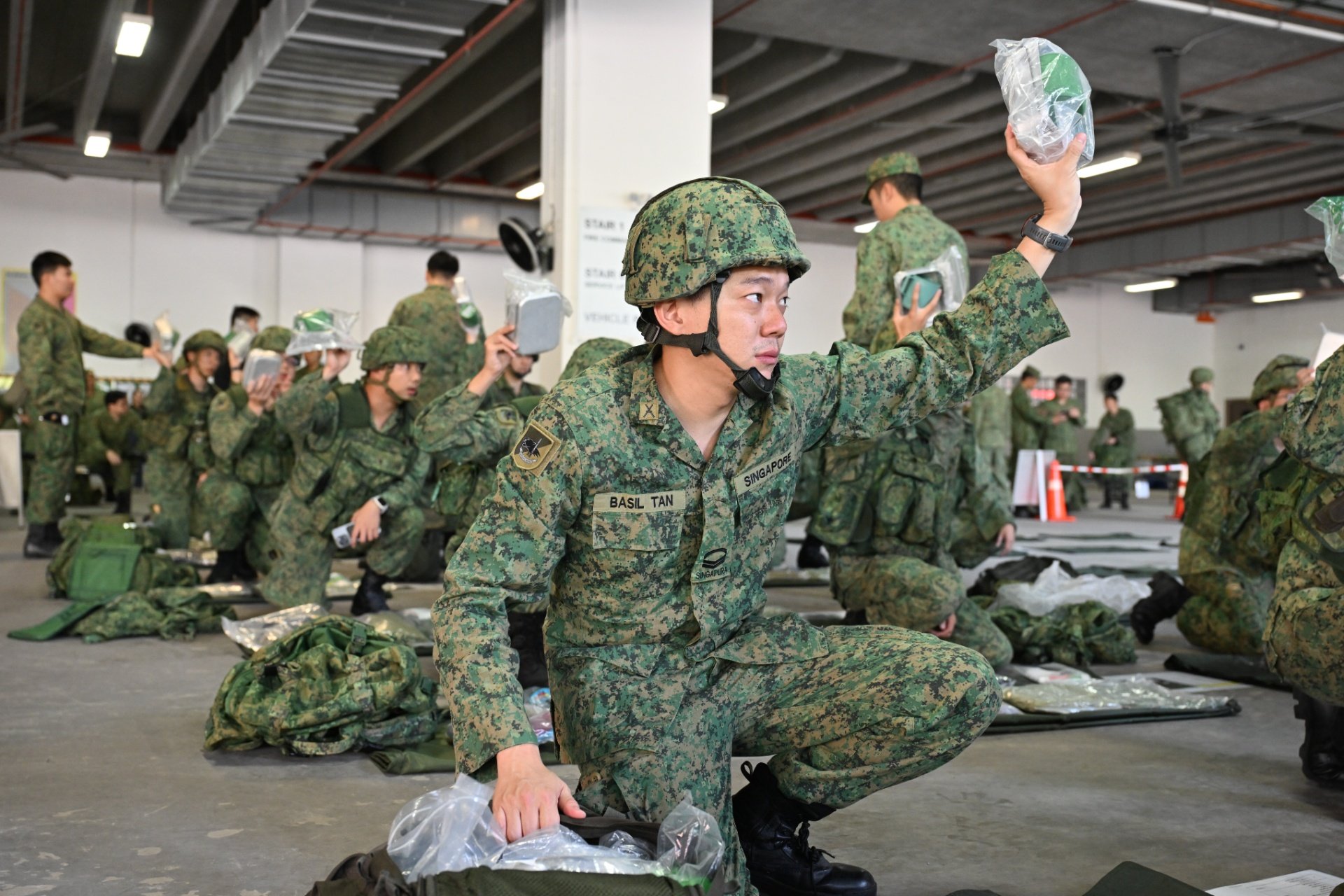
Reaffirming their commitment to defence
07 Feb 2026
Over 3,000 NSmen displayed their commitment to Singapore’s defence at a MOBEX in Selarang Camp.
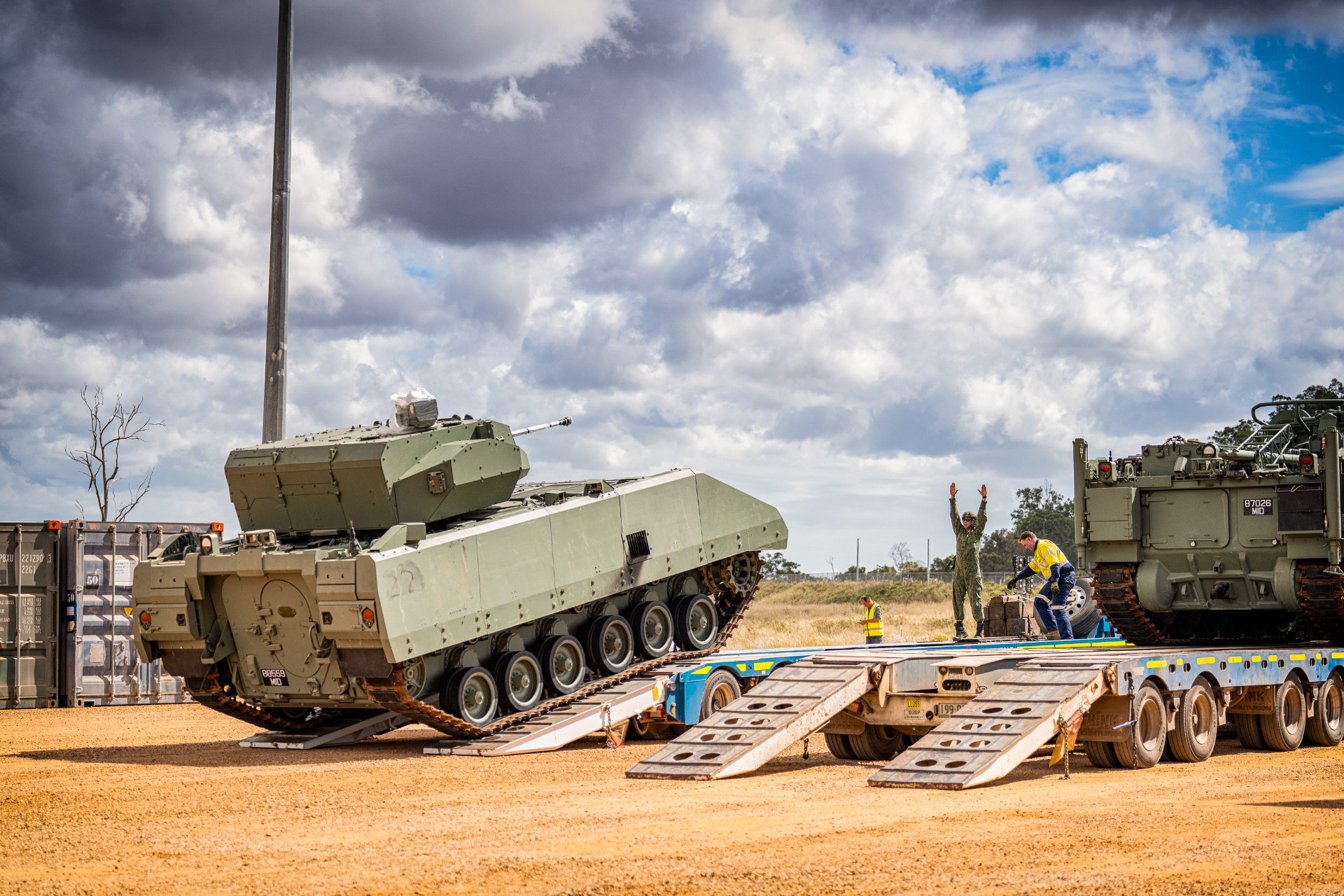
First in, last out at Ex Wallaby 2025
06 Nov 2025
Meet the teams who toil behind the scenes to enable the smooth conduct of the SAF’s biggest unilateral overseas exercise.

